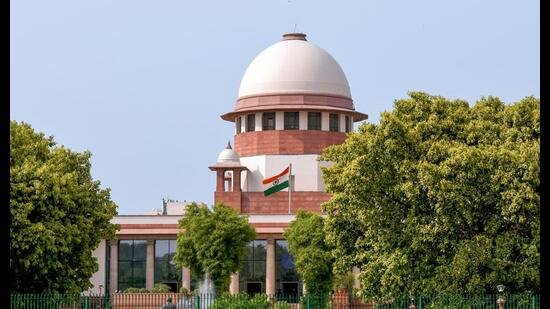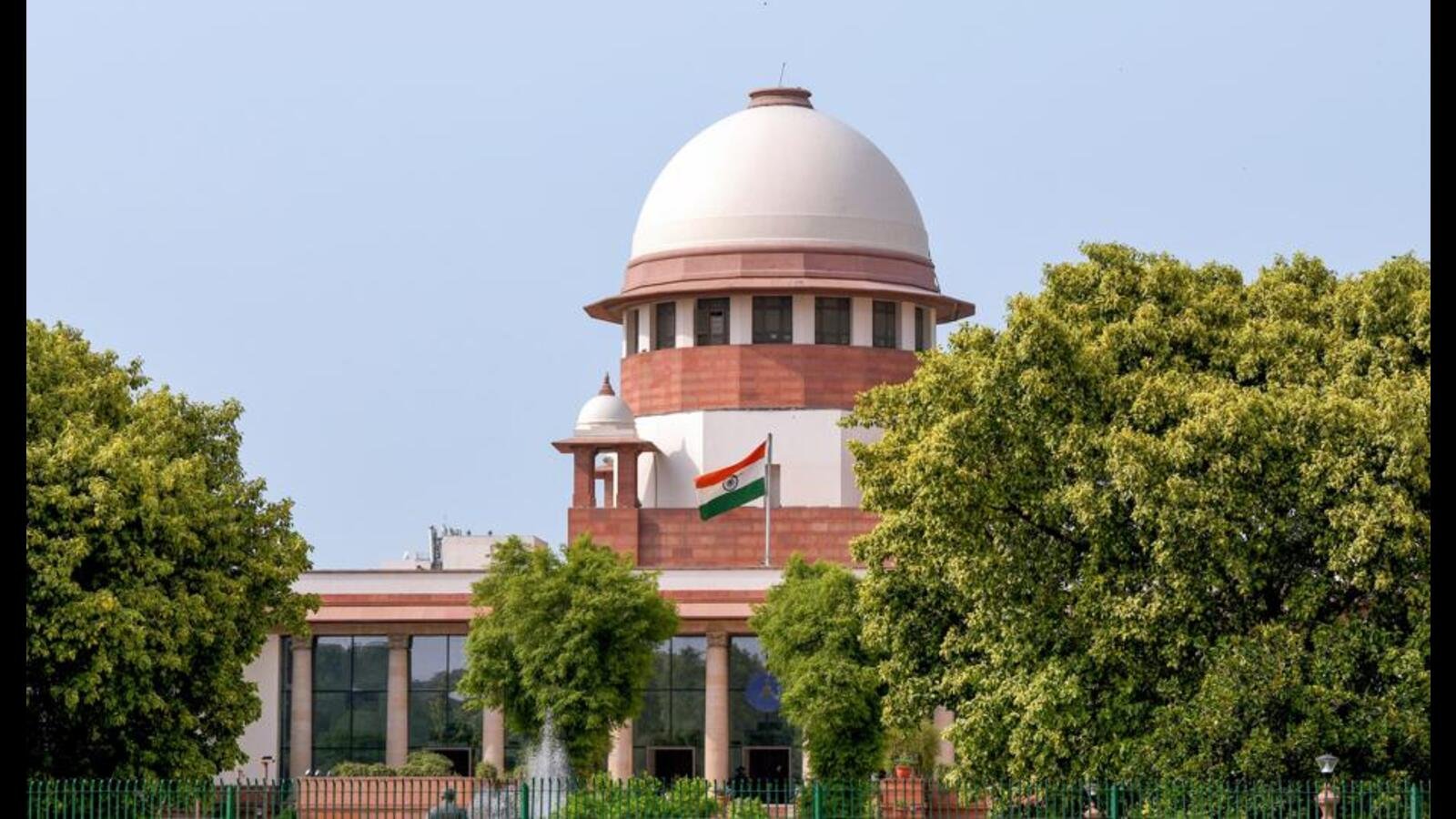[ad_1]
The Supreme Court has commended Tamil Nadu’s legislative and administrative resolve in tackling cybercrime through preventive detention, noting that traditional criminal laws are inadequate in addressing the rising menace of online financial fraud.

“It is a good trend coming from the state to use preventive detention laws against cyber offenders. It is a very welcome approach,” a bench of justices Sandeep Mehta and Joymalya Bagchi said on Monday.
The court was hearing a petition of the father of Abhijeet Singh, detained under the Tamil Nadu Prevention of Dangerous Activities Act, 1982 (commonly referred to as the Goondas Act), for allegedly duping a woman of ₹84.5 lakh in a cyber fraud.
The Theni district collector issued the detention order on August 23, 2024, based on a Cyber Crime Branch complaint. Singh was allegedly part of an organised cybercrime network. He allegedly defrauded the woman and invested over ₹12 lakh in companies under his and his family’s names to conceal the proceeds.
The court highlighted the severity of such offences and their broader economic consequences. “Normal criminal laws are not proving successful against these offenders.”
The court appreciated special preventive mechanisms, such as detention laws, to contain the growing threat of cyber fraud, which often leaves victims financially and emotionally devastated.
In its submissions, the Tamil Nadu government underlined the gravity of the offence and the impact of such frauds on the economy. It told the court that its probe led to the recovery of ₹44,000 in cash, over 100 credit and debit cards, five mobile phones, and 27 bank accounts; 17 of which were allegedly used in similar frauds across India.
The court noted that the Tamil Nadu government filed a response but adjourned the matter until June 25 since the document was unavailable before the bench.
Singh’s counsel, advocate Laxmikant Matadan Shukla, argued the alleged cybercrime was a “solitary act” and that his client had no previous criminal antecedents. He called preventive detention for a first-time offence excessive. Shukla said the Madras high court failed to appreciate this while dismissing the plea against the detention order on March 28. He argued that sufficient time was not given to his client to respond to the notice issued. Shukla added an advisory board, which upheld the detention, overlooked this procedural lapse.
The Supreme Court agreed to examine the claims but clarified, in its preliminary observations, that it could not reduce the period of detention in a writ proceeding. “Period of detention cannot be decided by the court in writ jurisdiction. If the detention order has no basis, the order itself must go, but the period cannot be curtailed. It is the discretion of the state.”
The state defended the detention, saying Singh was informed and equipped to respond to the proceedings. It added that Singh, a native Punjabi speaker and an MBA residing in Delhi, was served all necessary documents in English and Hindi, which he comprehended well enough to make detailed representations before the detaining authority, the advisory board, and the government.
The high court upheld the detention, observing that no material was presented to show Singh was deprived of the right to make an effective representation. “No doubt, reasonable time must be given to the detenu to make effective representation, and the said opportunity to be heard cannot be a farce or empty formality. However, in this case, there is no material explicitly or implicitly to infer that the detenu was deprived of his right.”
[ad_2]
Source link
Click Here For The Original Source.

